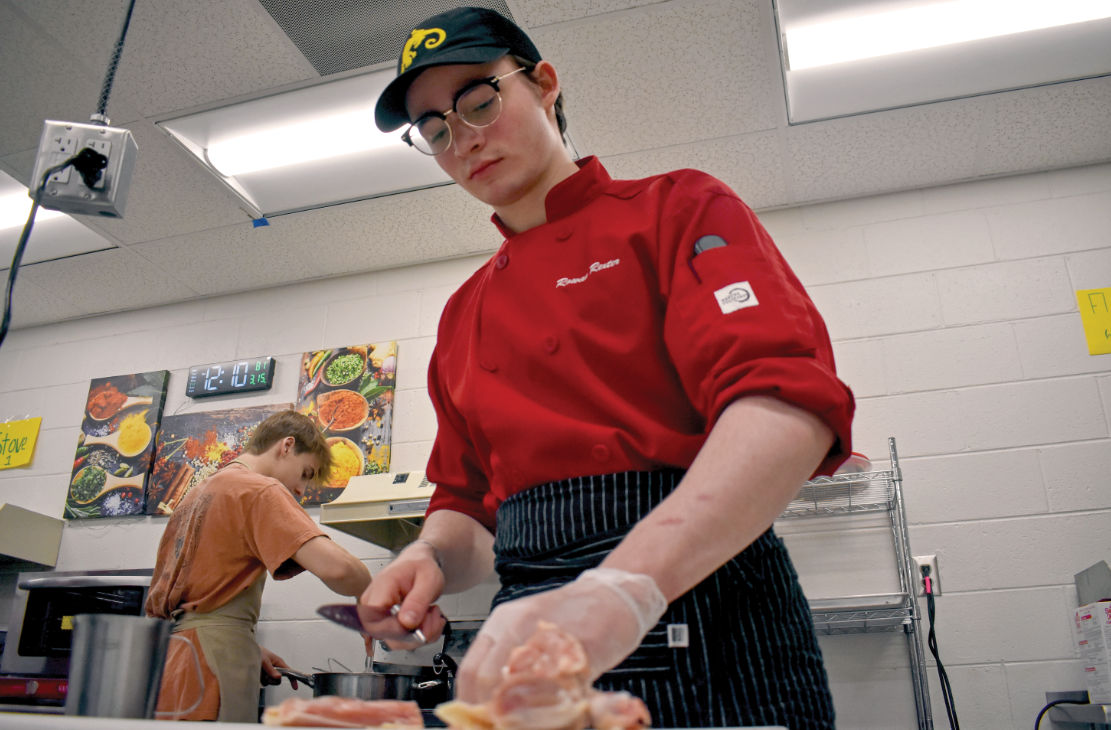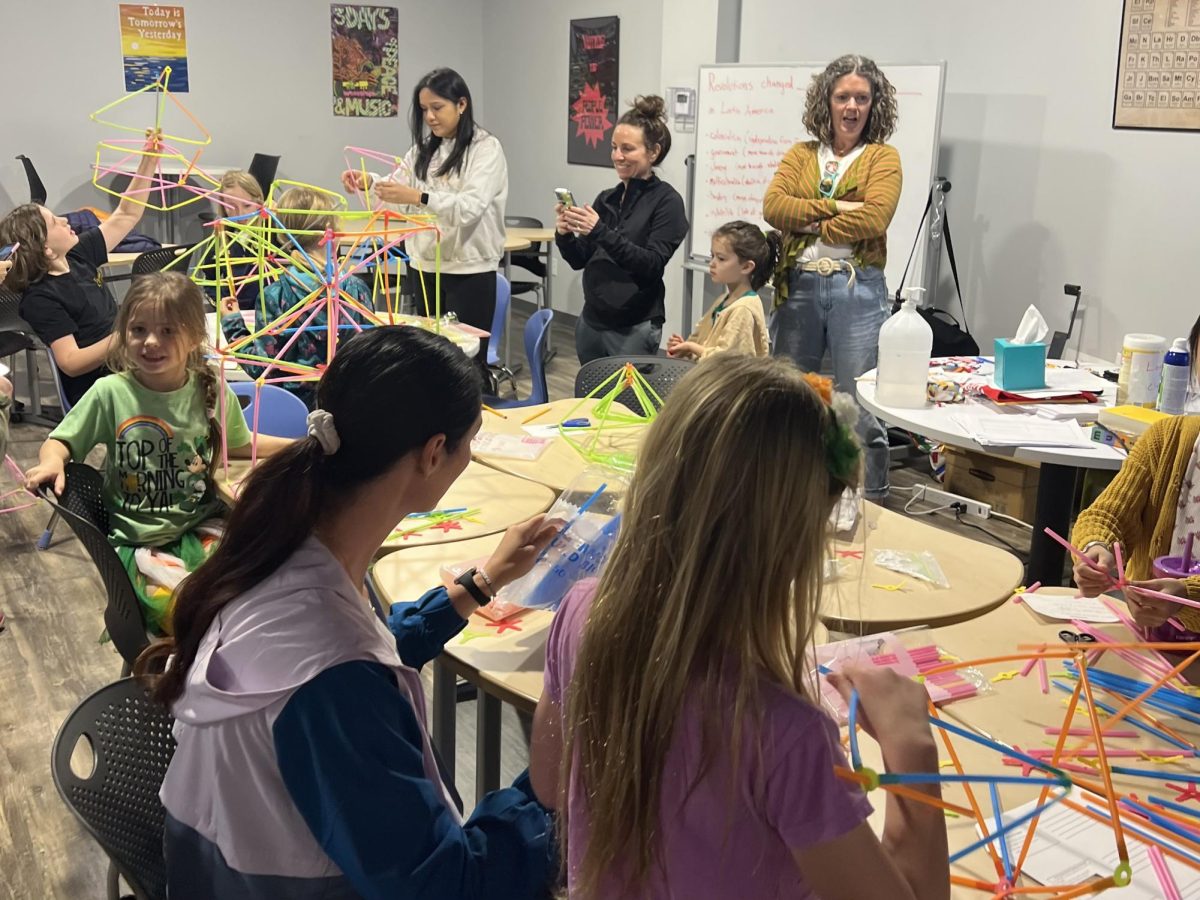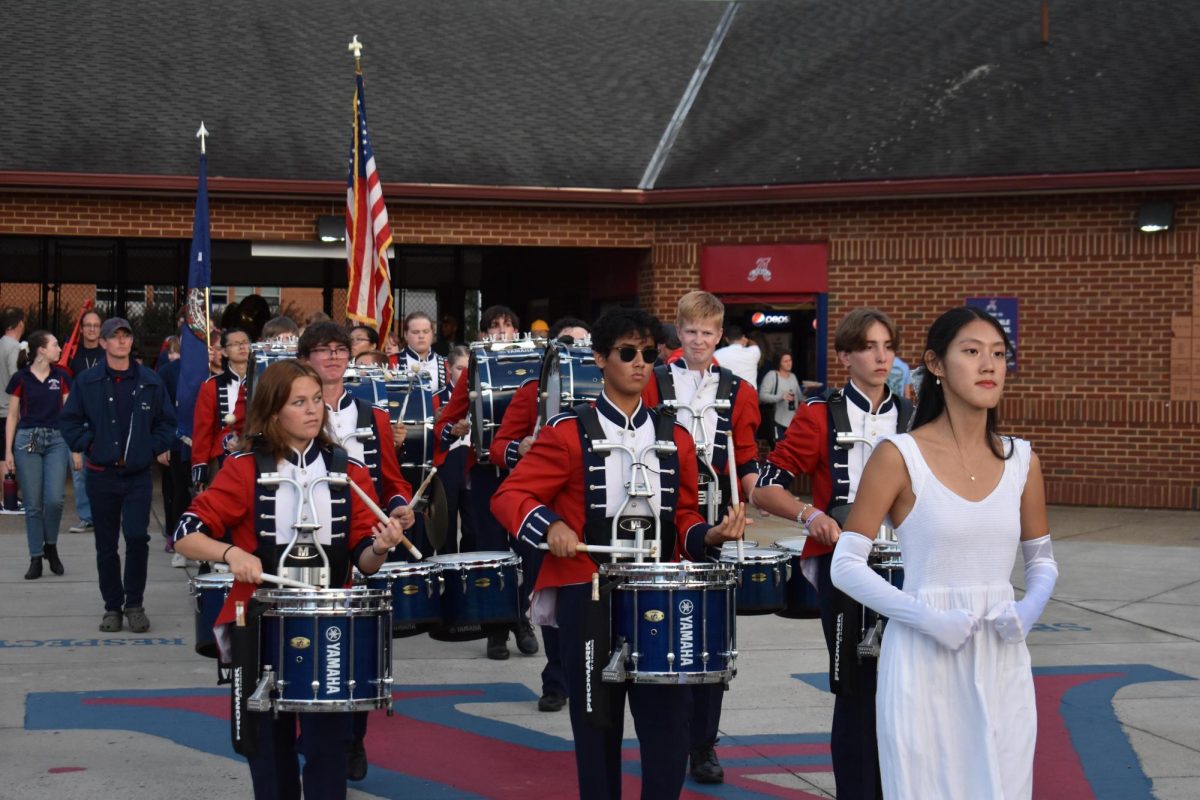How much sleep do you get each night? If you’re like most teenagers, it’s probably not enough.
According to sleepfoundation.org, “teens need about 9.25 hours of sleep each night to function best. Most teens do not get enough sleep — one study found that only 15% reported sleeping 8.5 hours on school nights.”
The consequences of not getting enough sleep can be serious. School Nurse Carol Janssens said that not getting enough sleep could cause “headaches, nausea and difficulty with concentration.”
Teenagers run on a different biological clock than adults and children, meaning they can stay up later than the other age groups. This can be helpful for some in staying up late to complete homework, but also harmful when they have to get up early the next day for school.
Many students don’t sleep as much as they should; however, Janssens doesn’t get many students coming in to the clinic to sleep. Around the times of the schools plays and when athletes had a late away game the night before she does get a few student coming in to sleep.
Sophomore Olivia Whicheloe is a lead in this year’s fall play. “I usually get home around 10:30 each night as it gets closer to competition. It requires a lot of work and commitment,” she said.
Whicheloe usually sleeps seven hours a night and if she doesn’t finish her homework by 11 p.m. she gets up early to finish it. Although the play requires a lot of time, the students involved are given time to work on homework each night so they don’t fall behind.
Most athletes aren’t as lucky. Student athletes often have to leave class early and they get home late at night and aren’t given as much time to work on their homework, especially on bus rides home when it’s dark outside.
Freshamn Connor Gillispie was on the Ninth grade football team this year and had to balance going to away games, doing homework and getting enough sleep.
“You had to do homework on the bus and stay up late,” Gillispie said.
The workload was not surprising to him coming into his first year at Albemarle, “I expected it with away games,” he said.
Gillispie didn’t get a lot of sleep during the season, “I got home at 11:30 and stayed up until 1-2 a.m. doing homework.”
Athletes on the cross-country team have an easier experience, however.
Junior Sophie Bromberger is on the cross-country team and her practices usually go until 6 p.m. and on Fridays practices are in the morning. When Bromberger gets home she has a lot of homework, but is in bed by midnight.
“It’s better because I can get my homework done,” Bromberger said.
She sleeps about six to seven hours. “I wish it was more,” Bromberger added.
In order to get more sleep Bromberger suggested, “You have to pick which homework is more important. I come in at 8 a.m. because I don’t have a study hall and I do homework.”
Freshman Lizzy Chapman chooses not to skip out on her homework, “I usually skip out on sleep because teachers get mad when you don’t do your homework,” she said.
Unlike Gillispie, Chapman didn’t expect the amount of work she’s getting, “I didn’t see all this work coming because in middle school we had no homework.”
Chapman usually sleeps for six to seven hours, “on a good night.”
In the next few years Chapman sees herself taking a study hall to help ease the workload, “I’m definitely going to take a study hall so I can get my work done and go home and sleep.”
Some suggestions Janssens would give to students so they aren’t so worn out or stressed out are to “nap if you can. Take a 30-minute power nap between school and work. Budget your time and don’t save anything for the last minute. Don’t feel like you have to join every club or do everything.”
By taking a few steps to get more sleep each day, students may be able to save themselves a lot of stress and prevent sickness.







